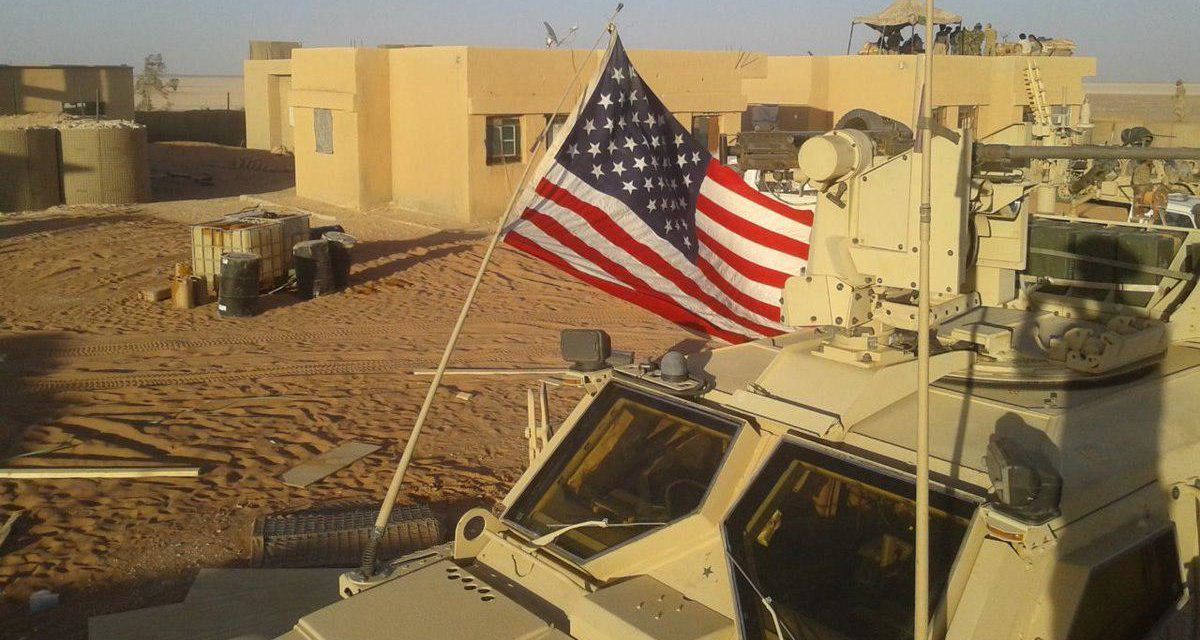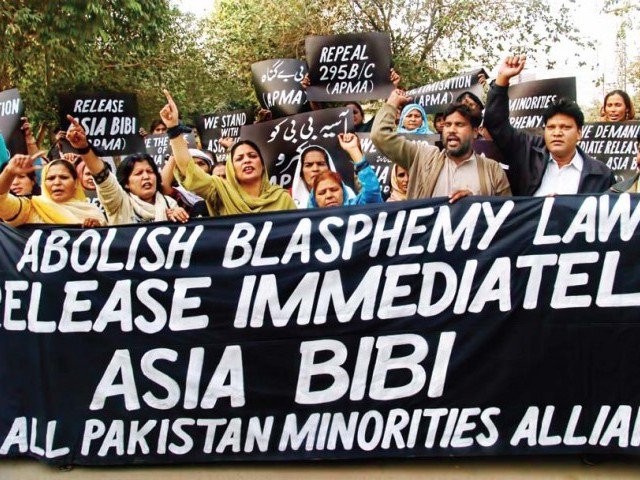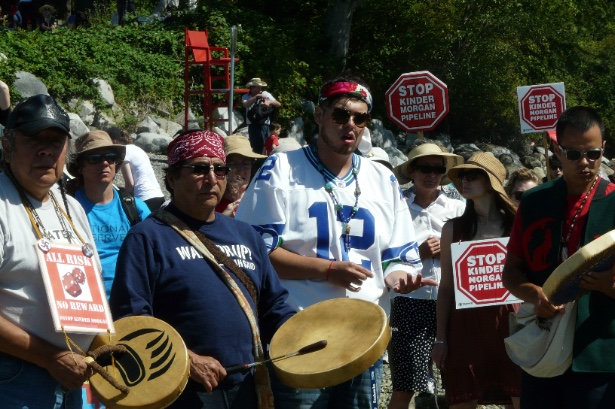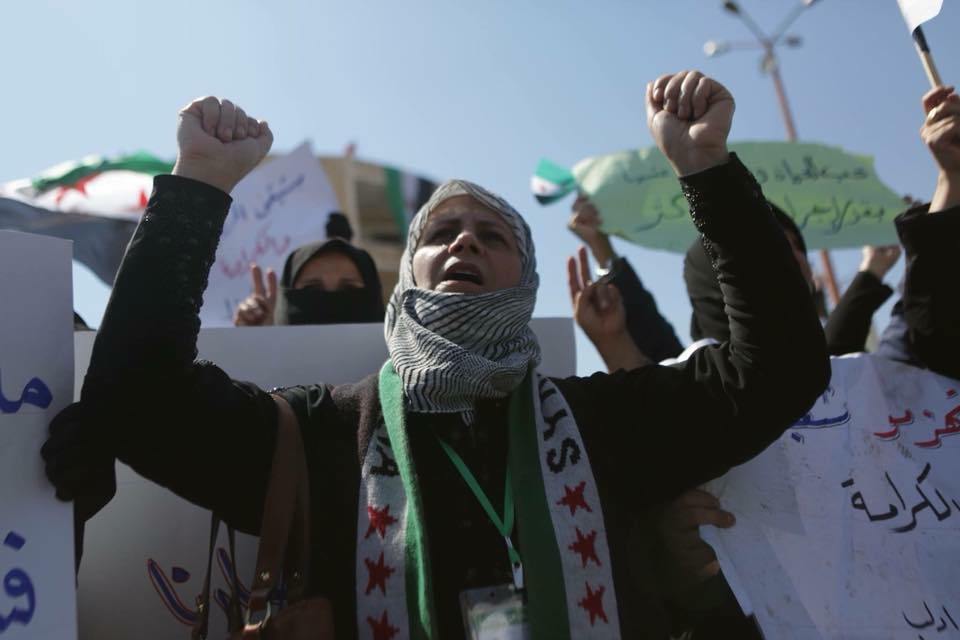Features
TOGO PROTESTS CHALLENGE DICTATORSHIP
by Regina Asinde, Waging Nonviolence
Hundreds of thousands took to the streets of cities across the West African country of Togo on Dec. 8, as part of a recently revived wave of nationwide protests demanding political reforms. At the center of their demands is the reinstatement of the 1992 constitution, which included a two-term limit on the presidency before being stripped away by former president Eyadéma Gnassingbé, father of current president Faure Gnassingbé.
Mass protests first erupted in August 2017, forcing the government into internationally-moderated negotiations, which—in an attempt to resolve the decades-long political crisis—led to the reinstatement of the two-term limit. However, outrage was soon reignited when it was discovered that past presidential terms would not apply, thereby allowing Faure Gnassingbé—already in his third term—to run for president in 2020 as if it were his first time. Negotiations broke down soon after that, leading to the revival of protests in November.
"Nobody is willing to take that in Togo," said Togolese Civil League executive director Farida Nabourema. "After 51 years of the Gnassingbé, asking us to give them an additional 10 years, starting 2020, is basically asking us to commit suicide. It's something we cannot let happen, and it’s the reason we are back on the streets."
After first allowing protests in pre-approved zones, the government outright banned large demonstrations before the Dec. 8 mobilization. When upwards of 500,000 people turned out in Lomé, the capital city, the regime deployed heavy military force, wounding dozens of civilians and killing at least three—including an 11-year-old boy.
IT'S NOT ABOUT 'REGIME CHANGE'
A Brief Account of US Intervention in Syria

by Ani White, Fightback
Noam Chomsky's recent criticism of US withdrawal from Kurdish-held territory in Syria poses a strange contradiction: Why have so many on the left accused Syrian Arab rebels of being US proxies, while either supporting or remaining silent on the far more consistent US support of the Kurdish-led Syrian Defense Forces (SDF) against ISIS?
Given the widespread misinformation about Syria, a basic rundown of the facts about US involvement is necessary. What follows is a very brief outline of well-established facts about the war.
The dominant narrative on the left holds that US involvement in Syria is an attempt at "regime change." As highlighted by Michael Karadjis' Syrian Revolution Commentary and Analysis, this is in contradiction with the statements of US officials:
CUBA SURRENDERS 'GREEN SCARE' FUGITIVE
Is Assata Shakur Safe?
by Bill Weinberg, Fifth Estate
Even amid worsening US-Cuba relations under Trump, it still seemed like a sign of changing times when Joseph Mahmoud Dibee, a fugitive animal-rights militant, was intercepted by Cuban authorities and turned over to the FBI in early August.
Popped by Cuban cops on an INTERPOL Red Notice, Dibee was flown to Portland, Ore., where he pleaded not guilty Aug 10 to taking part in a 1997 arson attack. The target had been a meatpacking plant in the Oregon desert, where wild horses were processed into dog food. This was but the first of several charges he faces before federal courts in Oregon, Washington and California.
The Cubans had apparently been tipped off by US authorities, who had learned that Dibee would pass through the island while traveling from Central America to Russia. He was apparently keeping mobile in a bid to avoid detection.
BLASPHEMY LAWS AND HUMAN RIGHTS
Ireland's Vote to Remove Blasphemy from Constitution and the Asia Bibi Case
by Pearl Goldman, Jurist
In a referendum held on October 26, 2018, the people of Ireland voted to amend the Irish Constitution to remove the word blasphemy from Article 40.6.1, which declared that "[t]he publication or utterance of blasphemous, seditious, or indecent matter is an offence which shall be punishable in accordance with law." This constitutional change enables the Oireachtas, Ireland's National Parliament, to change statutory law so that blasphemy is no longer a crime. It also represents the most recent advance in this predominantly Catholic country toward a more secular society. Same-sex marriage and abortion were legalized in two earlier referenda. And it might constitute an important step in undoing some of the unintentional international consequences of Ireland's criminalization of blasphemy.
Ireland's blasphemy ban was enshrined in the constitution in 1937, during an era when church and state were seen as a single entity and defaming the established religion was tantamount to treason. Corresponding definitions and penalties were enacted in the 2009 Defamation Act. In contrast to Article 40.6.1 of the constitution, which had protected only Christians from blasphemy, the 2009 Act was designed to protect all religions. The Act defined blasphemy as "publishing or uttering matter that is grossly abusive or insulting in relation to matters sacred by any religion, thereby intentionally causing outrage among a substantial number of adherents of that religion, with some defenses permitted." However, it was widely believed that the Act did no more than give lip service to the constitutional requirement that blasphemy be declared a crime because, on any fair reading, the statutory provision was unenforceable.
THE GUATEMALA GENOCIDE CASE
Justice Delayed, Justice Denied?
by Aisling Walsh, openDemocracy
On September 26, at about 7 PM, in a courtroom filled to bursting point, the High Risk Court B declared, for the second time in five years, that genocide was committed in Guatemala.
Following more than two years of witness testimonies, forensic evidence and expert reports, the court declared that they had sufficient evidence to prove that the Guatemalan army committed genocide and crimes against humanity against the Mayan Ixil people between 1982 and 1983, one of the most violent eras of the 36-year internal armed conflict in Guatemala.
A dehumanized army
In their declaration, lasting up to two hours, the panel of three judges elaborated in detail the "abhorrent" acts that convinced them that the Guatemalan army was indeed responsible for committing genocide and crimes against humanity.
They could verify that there were at least 60 massacres carried out in the Ixil region of Quiche department, and that a total of 50 villages were affected by the Guatemalan army's counterinsurgency operations. This policy resulted in acts of extreme and dehumanized violence against a civilian population that had been singled out for their struggle to defend their rights. They were accused of being communists and guerrillas and collectively declared an "internal enemy" of the State.
NO! IDLIB IS NOT A 'TERRORIST ENCLAVE'
by Sina Zekavat, Mangal Media
As Turkey and Russia step towards implementing a 15-20 kilometer "demilitarization zone" between Idlib and the surrounding regime-held areas of northern Syria, mainstream media and the forces of status quo are bent on portraying Idlib as a "terrorist enclave"—hile people inside Idlib are determined to break this false and dangerous image.
Days after the renewed aerial bombardment of Idlib by Russia and the Assad regime, the Democratic congresswoman Tulsi Gabbard called Idlib an "Al Qaeda stronghold" in a recorded video message published on her Twitter account. In the same tweet, she called Idlib an "Al-Qaeda controlled city." A week later, during a speech addressing members of the US Congress, she claimed that there are "20,000-40,000 al-Qaeda and other jihadists" in Idlib, a number that vastly exceeds those reported by the UN and even pro-regime propaganda platforms.
David Duke, the former leader of the Ku Klux Klan (and a vocal supporter of both Trump and Gabbard) has also been tweeting in support of Russian and Assad regime bombardment of Idlib. He claimed this was in order to "protect the real children of Idlib," presumably implying that those children who are targeted by the Assad-Putin aerial bombings are fake "crisis actors" and deserving of death, for the crime of misinforming the American public.
Vijay Prashad, a prominent academic in leftist circles, has joined the chorus by using dangerous and stereotypical portrayals of Idlib. In his latest article, Prashad writes that it's "intolerable to the government in Damascus to allow an enclave of al-Qaeda rebels inside the country—which is why the main battle is to be there, in Idlib." He calls the military campaign against Idlib by Assad and his allies "ugly" but "inevitable." Further normalizing this horrific scenario, Prashad ends his piece by advising everyone in Idlib to "cut a deal now before the terrible slaughter starts. This bombing is not the first salvo in the final battle but the last attempt at a negotiation."
FIRST NATIONS RESIST B.C. PIPELINE PLANS
 by Nick Engelfried, Waging Nonviolence
by Nick Engelfried, Waging Nonviolence
For thousands of years, Whey-Ah-Whichen has been a site of importance to the Tsleil-Waututh people. This hospitable flat peninsula in the Pacific Northwest was home to one of their major villages, standing in the shadow of surrounding hills and mountains covered in towering Douglas fir and other ancient trees. Today, Whey-Ah-Whichen is the site of Cates Park, so-named by the descendants of English colonists in what is now British Columbia. It overlooks Burrard Inlet, a finger-like extension of the Salish Sea separating the cities of Vancouver and North Vancouver. The Tsleil-Waututh still live nearby, many of them on a reserve just down the highway.
On July 14, Tsleil-Waututh community leaders brought together several hundred people for a rally on the site of the former village. Many carried signs with messages including "Water is Life," "Stop Kinder Morgan Pipeline," and "Protect the Water, Land, Climate." They came to participate in a fight against one of the largest proposed fossil fuel infrastructure projects in Canada, an expansion of the Trans Mountain pipeline that would transport tar sands oil from Alberta to a Kinder Morgan-owned storage facility directly across the inlet from Whey-Ah-Whichen. There, oil from the pipeline would be loaded into tankers for transport to the United States or across the Pacific.
The rally was only the latest manifestation of the indigenous-led resistance to the Trans Mountain project, which has grown in size and boldness this year. As more and more people arrived at the park, some prepared to take to the water in kayaks, canoes and other small vessels. Hundreds of others massed near the shoreline, watching as the boats headed across the inlet and gathered in front of the razor-wire fence erected by Kinder Morgan to keep people away from its facility. From one of the canoes, Tsleil-Waututh elder Amy George led a water ceremony expressing participants' intent to care for and protect the inlet.
RED-BROWN POLITICS: DON'T TAKE THE BAIT!
by Bill Weinberg, Fifth Estate
After April's gas attack at the Syrian city of Douma, and Trump's retaliatory air-strikes, the poorly-named "anti-war" protest held in Los Angeles actually featured placards with the portrait of Bashar Assad and expressions of open support for the genocidal dictator. Slogans like "Assad is protecting civilians, he is not bombing his own people."
Now, where else have we seen such open support for the dictator? At the neo-Nazi rally in Charlottesville, Virginia, that saw deadly violence last August. One figure on the scene was David Duke, who proclaimed on Twitter, "Civilized world stands with Assad." Video clips from Charlottesville showed the "alt-right" mouthpiece called Baked Alaska saying to the camera with his buddies, "Assad's the man, brother! Two chemical bombs would have solved this whole ISIS business!" A sentiment less hypocritical than that of the supposed peaceniks in L.A.
Not too surprisingly, there was even overlap between the two rallies. Baked Alaska (real name Tim Gionet) appeared in a selfie-video at the anti-war march in L.A. Eventually, some marchers got wise to him and chased him off. But they do not appear to have been from the organizers of the march, the ANSWER Coalition.
There is a definite convergence underway between the anti-war left and alt-right (or fascist right to be less euphemistic) around support for Assad—part of a phenomenon termed Red-Brown politics. That is the phrase actually used by its advocates in Europe: the notion of an alliance between the left and fascism against the liberal order and the West. You do not have to be any supporter of the liberal order and the West to recognize this as an incredibly dangerous idea.




















Recent Updates
4 hours 12 min ago
4 hours 21 min ago
4 hours 33 min ago
3 days 7 hours ago
1 week 1 day ago
1 week 1 day ago
1 week 2 days ago
1 week 2 days ago
1 week 3 days ago
1 week 3 days ago